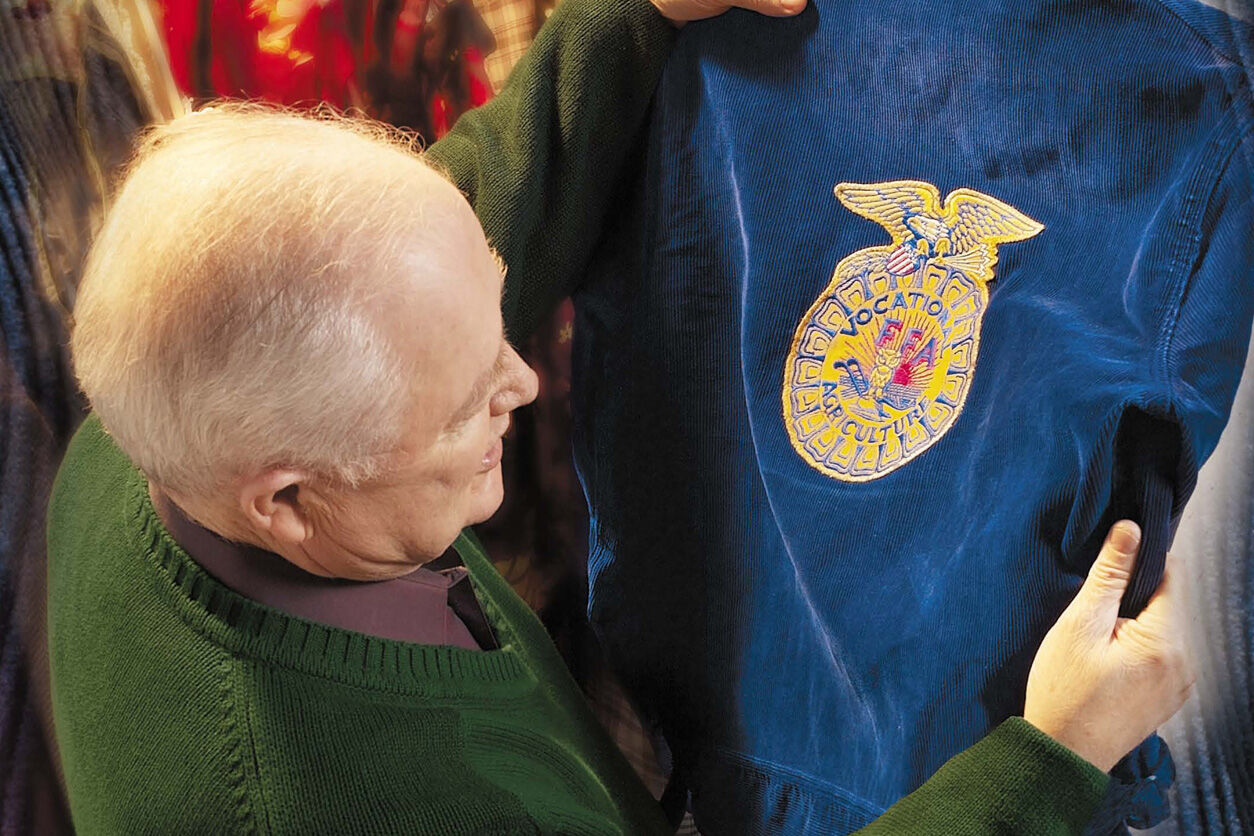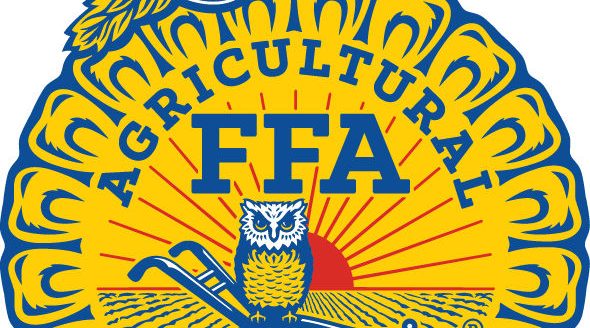When it comes to organizations, FFA should be at the top of everyone’s list. It’s not just any old club for a kid to join as part of an afterschool program. FFA teaches lifelong learning and skills.
FFA stands for Future Farmers of America. It is so much more than that. FFA is not just meant for students who want to pursue a career in production farming. It’s meant to provide guidance for any student seeking careers as teachers, doctors, scientists, business owners and more.
Founded in 1928, FFA pursued educating future generations, discovering that agriculture was much more than planting and harvesting. Agriculture is business, science, and an artform all rolled into one. It has since been branded the National FFA Organization.
Today, there’s over three-quarters of a million members and almost 9,000 FFA Chapters nationwide. That means over 750,000 students are involved in a program that will help educate them, inspire confidence, bring about connections, and provide hands-on-learning in ag related fields while preparing them for the future.
Since 1928, FFA has grown exponentially, but has stayed true to its roots. In 1930 at the 3rd National FFA Convention, delegates adopted the creed which has only been revised twice since then, once in 1965 and again in 1990.
“I believe in the future of farming, with a faith born not of words but of deeds – achievements won by the present and past generations of agriculturists; in the promise of better days through better ways, even as the better things we now enjoy have come to us from the struggles of former years.”
Glen S. Johnson stated, “This is how it was written and we recited 50 years ago. Without Future Farmers, America is frankly doomed to starvation.”
Another had this to say of FFA, “FFA is extremely important for the future of the ag industry as well as the future of farm kids across the country. It shows kids just how vast the industry is, it exposes them to new subjects and allows them to work hands in subject areas they are already interested in. Another big impact it can have, is giving a sense of belonging. I was the dedicated farm kid that didn’t play sports, because I would’ve rather worked on the farm. FFA was the one place I shined. I got to win contests and make connections with people from all over the country. It was one of the most impactful experiences in my growing up.”
Through April 30th , High Plains Journal is donating 25% of your subscription purchase to FFA.
*Special thanks to the Facebook group Farm Life for allowing me to post questions.
1.Ref. The Origins and Revisions of the FFA Creed.




